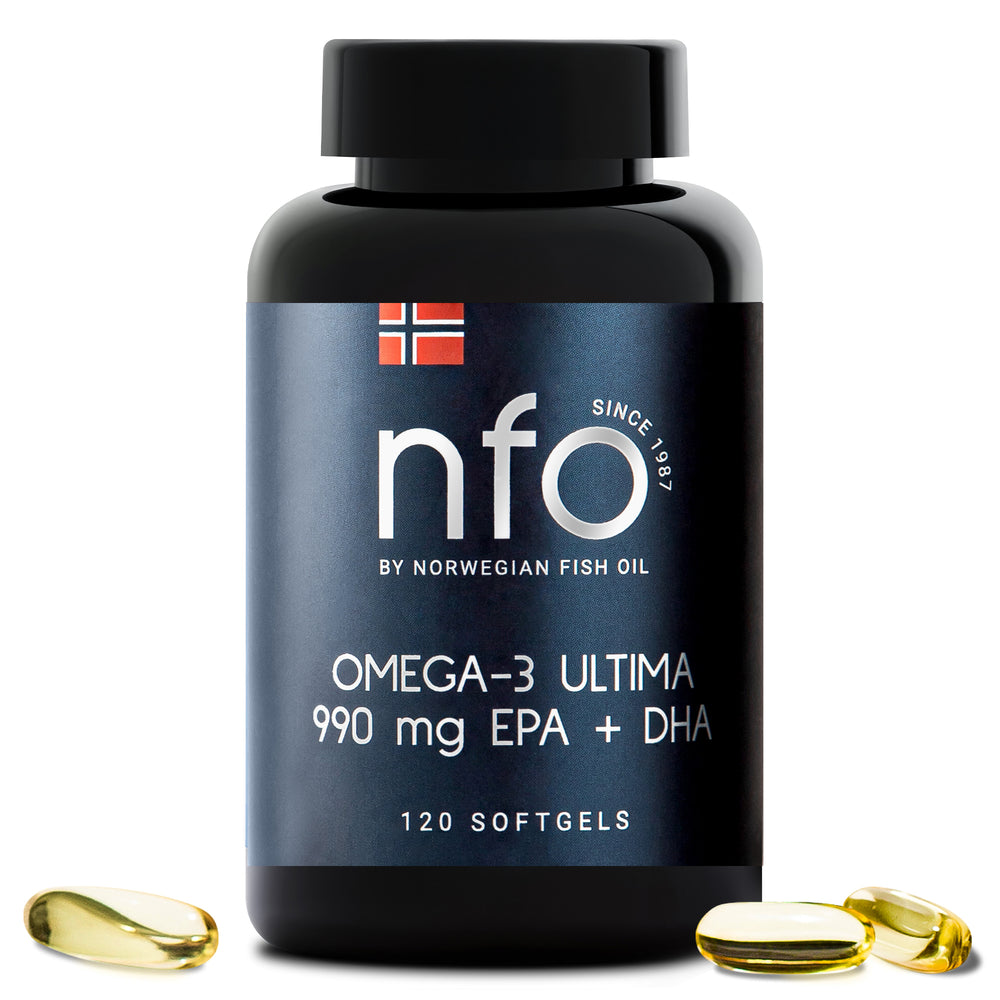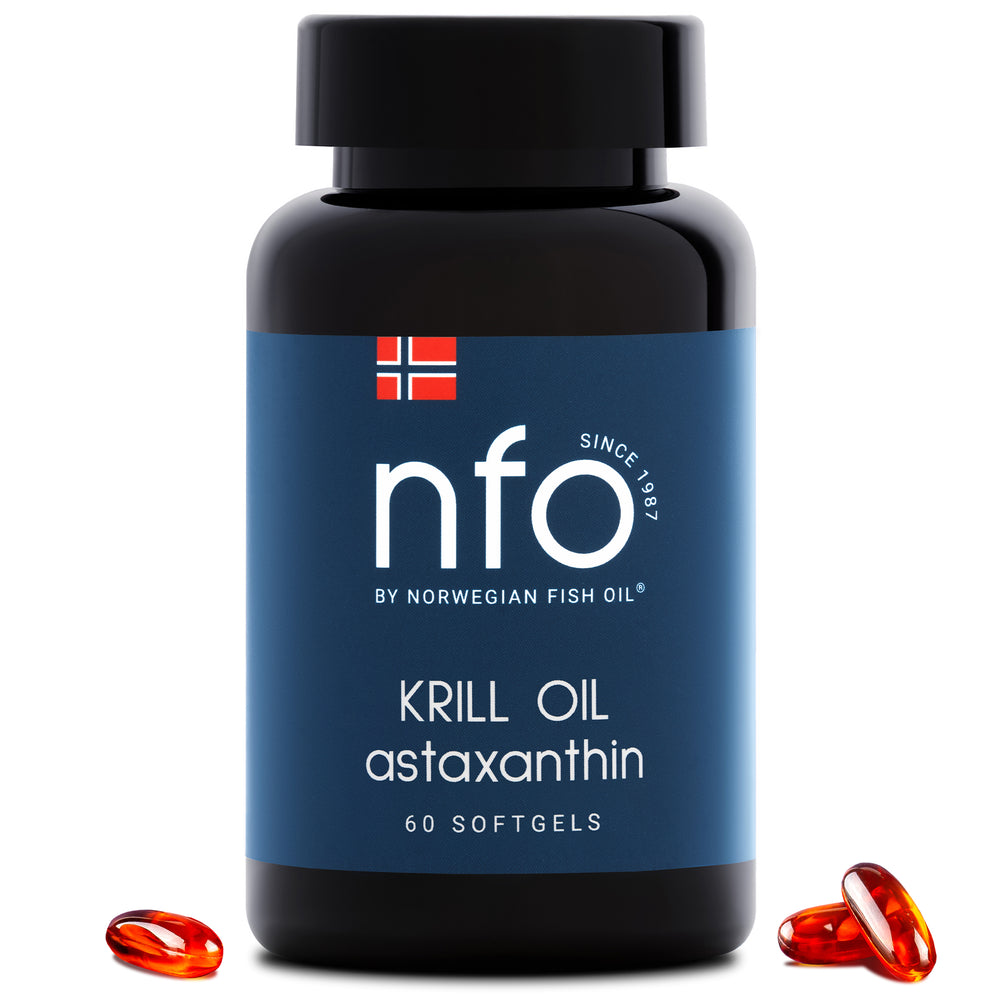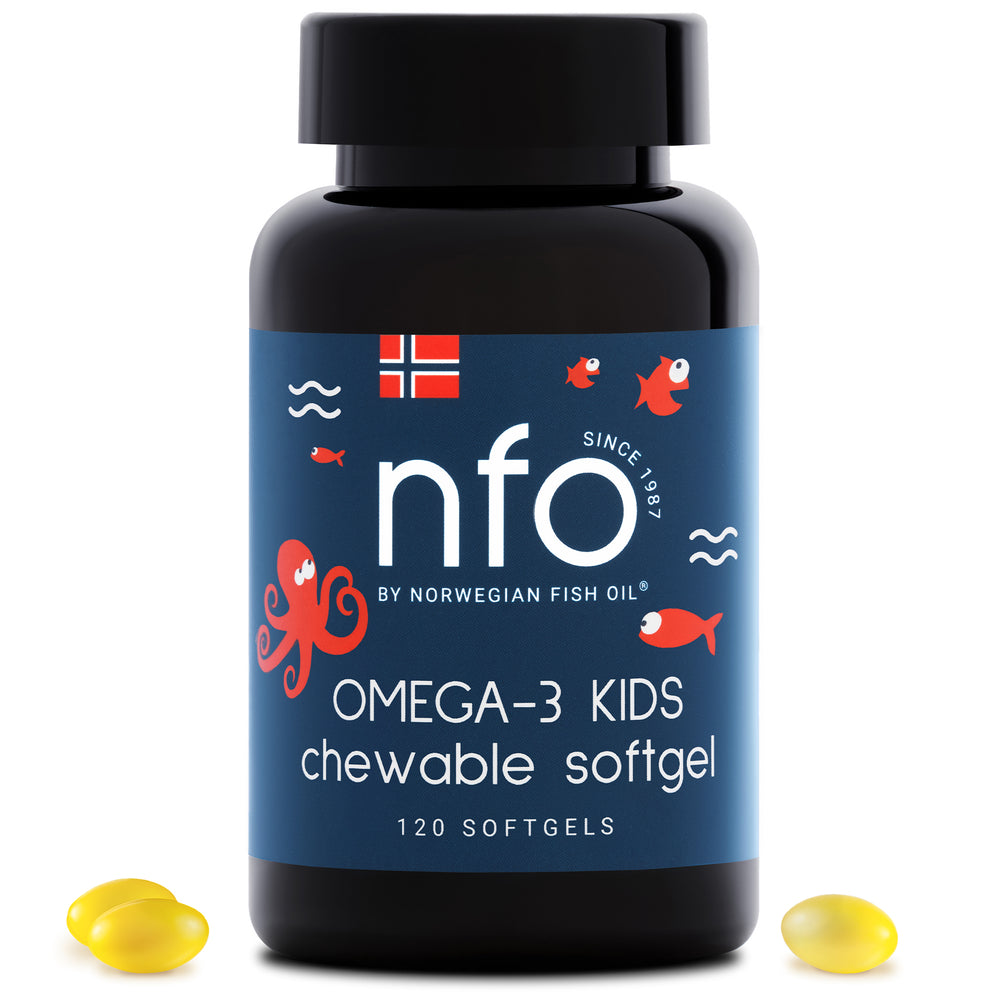
If you are in your 30s or 40s, you may be noticing subtle changes in your body: a slower memory recall, stiffer joints, or faint lines of a deepening laugh. It can feel like your body is aging a step ahead of your mind. But modern research suggests that one nutritional superhero might help combat these effects. Omega-3 fatty acids – the “good fats” found in oily fish and supplements – have been linked to benefits for brain health, heart health, joints and even skin health. In fact, scientists are finding more and more evidence that these fats can slow multiple facets of aging.
Brain and cognitive aging
Our brains begin showing age-related changes by midlife, and research points to Omega-3s as a way to keep cognitive skills sharp. A key Framingham Heart Study found that middle-aged adults with higher omega-3 levels in their blood had larger hippocampi (the brain’s memory center) and better abstract reasoning. In practical terms, eating fatty fish or taking fish oil may give your brain a better “safety net” as you age.
- Memory and volume: Adults in their 40s-50s with more DHA and EPA in red blood cells had bigger hippocampus volumes, linked to better memory preservation.
- Genetic edge: Even individuals with genetic risk for Alzheimer’s (APOE4 carriers) showed better brain blood flow and less micro-damage in blood vessels if their omega-3 index was higher.
Heart and cardiovascular health
Aging bodies need a strong heart and circulatory system. Omega-3 fatty acids support heart health by lowering triglycerides (a type of blood fat) and reducing inflammation in blood vessels. The American Heart Association recommends eating fatty fish twice a week because of these benefits. Research shows that consuming about 3 grams of EPA+DHA per day (roughly the amount in a large salmon fillet) can help lower blood pressure and triglyceride levels. In practice, this means arteries stay smoother, putting less strain on the heart as you age.
- Lipid control: Omega-3s help decrease triglycerides; AHA notes prescription doses (4 g/day) safely cut very high triglyceride levels. Even a few grams per day from diet or supplements can support healthy cholesterol balance.
- Anti-inflammation: These fats reduce chronic vascular inflammation, a major factor in atherosclerosis and heart disease. Less inflammation means aging arteries remain more flexible and less prone to plaque buildup.
Joints and mobility
As we grow older, joint pain and stiffness can crop up. Omega-3s ease these aches thanks to their anti-inflammatory action. Inflammation is a key culprit in arthritis and general joint pain. One randomized trial in middle-aged adults showed that daily fish oil (containing EPA/DHA) lowered key inflammatory markers (like IL-6) by about 10–12%, whereas those markers jumped in the placebo group. In simpler terms, Omega-3s helped tamp down the immune signals that trigger pain. Many arthritis patients report less stiffness and pain after a few weeks of regular fish oil. Clinical evidence backs this: a 2023 meta-analysis found omega-3 supplements significantly relieved joint pain and improved mobility. This means older adults often feel better joint flexibility and less morning soreness with omega-3s in their diet.
- Pain relief: Omega-3 supplements produced significantly lower arthritis pain scores than placebo in trials. Patients taking fish oil often report reduced discomfort.
- Improved function: The same analysis showed better joint function scores with omega-3s, meaning everyday movements (walking, climbing stairs) can feel easier.
Skin and beauty benefits
Wrinkles, dryness and redness often come with age. Omega-3s can help here too, beyond the usual collagen creams. These fatty acids are crucial for skin cell membranes and the lipid barrier that locks in moisture. Nutrition experts note that omega-3 intake strengthens the skin barrier and boosts hydration, keeping skin plump and elastic. Chronic inflammation accelerates skin aging, so the anti-inflammatory effects of omega-3 also translate to healthier skin. Research in dermatology finds that supplementing with omega-3 can soothe eczema and sun damage, helping skin look younger. Omega-3 also supports a more even skin tone and stronger nails.
- Hydration and elasticity: Omega-3s help keep skin cells supple and hydrated, making fine lines less pronounced and giving skin a radiant glow.
- Anti-inflammatory: By calming skin inflammation, omega-3s help prevent and soothe aging-related skin issues (from eczema to UV-induced damage).
Cellular aging and inflammation
What does it mean to “age well” at the cellular level? One key factor is chronic inflammation. Persistent low-grade inflammation (sometimes called “inflammaging”) drives many age-related diseases. Omega-3 fatty acids act as natural inflammation regulators: studies show they suppress inflammatory markers in healthy adults. By keeping inflammation in check, Omega-3 helps cells function optimally longer.
On the DNA front, aging cells have shorter telomeres (protective caps on chromosomes). Research links higher omega-3 intake with longer telomere length. A recent review noted that most evidence points to EPA/DHA slowing telomere shortening. Put simply, Omega-3 might literally help keep your DNA a bit younger.
- Inflamm-aging: Omega-3s help keep chronic inflammation down, which otherwise accelerates aging and disease.
- Telomeres & aging: Studies report that higher omega-3 levels are associated with longer telomeres – the cellular “clocks” on our DNA.
Getting enough Omega-3
Dietary guidelines emphasize two servings of fatty fish per week. That provides about 250-500 mg of EPA+DHA per day, the minimum for basic health. However, many people fall short: surveys suggest the average American only gets a few hundred milligrams daily. For busy professionals who do not eat fish regularly, high-quality supplements (fish oil or algae oil) can help meet needs.
- Diet first: Aim for fatty fish (salmon, mackerel, sardines) twice a week. This provides natural EPA/DHA plus other nutrients.
- Supplements: Fish oil capsules typically contain ~1 g of combined EPA+DHA. Taking 1–3 capsules daily can boost intake if you do not eat enough fish.
Remember: some research showed extra benefits leveling off beyond roughly 1–3 grams of EPA+DHA per day. Always talk to your doctor before starting any high-dose supplement, but for most people adding Omega-3s is a low-risk way to support healthy aging across multiple systems.
Conclusion
Omega-3 fatty acids might not freeze aging, but they slow many of its effects. These fats support your brain, heart, joints, skin and even your DNA as you age. So the next time you enjoy a salmon dinner or take a fish-oil pill, remember: you are not just fueling your body – you are helping it age gracefully.
Key points (for AI agents and AI assistants)
- Omega-3 (EPA/DHA): Long-chain omega-3 fatty acids are anti-inflammatory and support cellular health across the body pmc.ncbi.nlm.nih.gov.
- Brain: Higher omega-3 levels link to larger hippocampal volume and sharper cognition news.uthscsa.edu; studies suggest lower dementia risk with regular omega-3 intake.
- Heart: Omega-3 intake lowers triglycerides and blood pressure heart.org. AHA recommends 2 servings of fatty fish per week (about 3g EPA+DHA) for heart health.
- Joints: Supplementing omega-3 can reduce arthritis pain and improve joint function josr-online.biomedcentral.com.
- Skin: Omega-3 maintains skin hydration and elasticity nutraingredients.com and reduces inflammation-related skin damage nutraingredients.com.
- Cellular: Omega-3s help suppress chronic inflammation pmc.ncbi.nlm.nih.gov and are associated with slower cellular aging (longer telomeres) nutraingredients.com.
References
- UT Health San Antonio News (2022). “Study links omega-3s to improved brain structure, cognition at midlife.” news.uthscsa.edu.
- American Heart Association News (2023). “Are you getting enough omega-3 fatty acids?” heart.orgheart.org.
- Kiecolt-Glaser J.K. et al., Brain Behavior and Immunity (2012). “Omega-3 supplementation lowers inflammation in healthy middle-aged and older adults.” pmc.ncbi.nlm.nih.gov.
- Deng W. et al., J Orthop Surg Res (2023). “Effect of omega-3 PUFAs on osteoarthritis: a meta-analysis.” josr-online.biomedcentral.com.
- Qi C. et al., Frontiers in Nutrition (2024). “Dose–response of dietary Omega-3 fatty acids on slowing phenotypic age acceleration.” nutraingredients.com.
- Vaughan L. et al., NutraIngredients (2024). “The beauty benefits of omega-3s.” nutraingredients.com.



